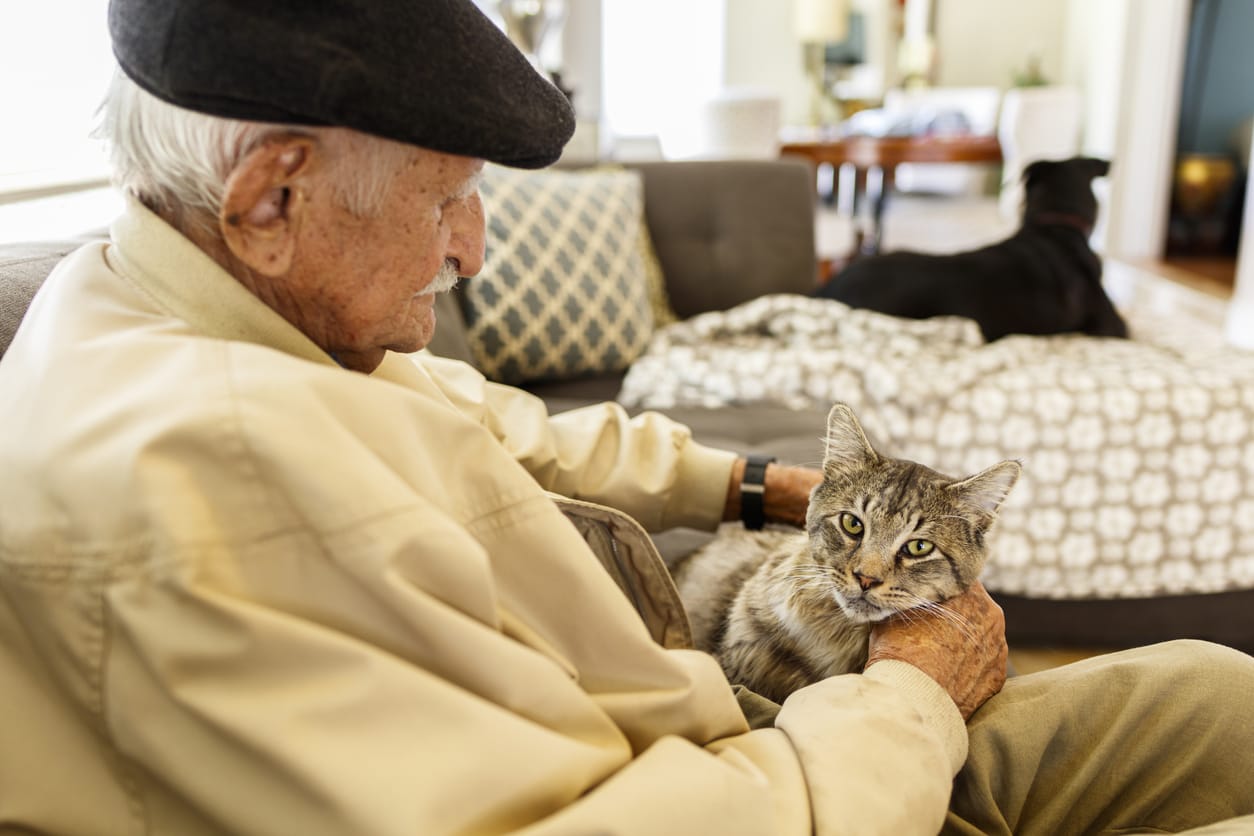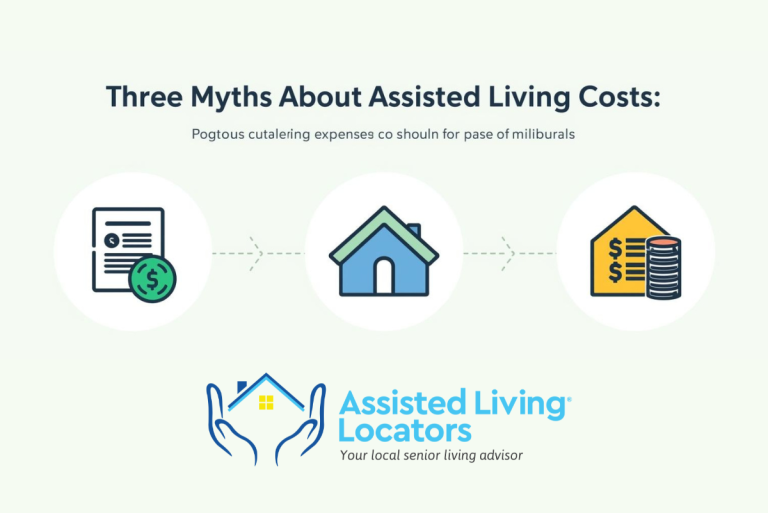Introducing a cat into the home of elderly loved ones can be profoundly beneficial. Cats offer a unique combination of companionship and low-maintenance care, making them ideal pets for seniors. These furry companions not only help reduce feelings of loneliness but also provide significant health benefits, such as lowering blood pressure and reducing stress and anxiety. The act of caring for a cat can also encourage gentle physical activity, which is crucial for maintaining mobility in older adults. Overall, the presence of a cat can greatly enhance the quality of life for seniors, providing both emotional support and physical health benefits.
Emotional Benefits
Caring for an elderly loved one involves not only physical support but also attention to their emotional health. Cats, as pets, offer significant emotional benefits for seniors:
- Companionship: Cats provide a constant, comforting presence that combats feelings of loneliness and depression. Their company can be particularly soothing for seniors, offering a sense of connection and routine every day.
- Reduced Stress and Anxiety: Petting a cat triggers a release of oxytocin, known as the "cuddle chemical," which promotes happiness and reduces stress. This activity also decreases cortisol production, the hormone associated with stress, thus creating a calming effect. These interactions not only help in alleviating anxiety but also contribute to a more tranquil environment for seniors, supporting their overall mental and emotional health.
Physical Health Benefits
We continuously seek ways to enhance the physical health of our elderly loved ones, and surprisingly, cat ownership can play a significant role in this aspect. Here are a couple of key benefits:
- Heart Health: Research has shown that owning a cat can lead to reduced stress and anxiety, which are significant risk factors for heart disease and stroke. The calming effect of a cat's presence helps lower blood pressure and heart rate, promoting a healthier cardiovascular system. This stress reduction is crucial for seniors, who are at a higher risk for heart-related issues.
- Increased Physical Activity: While cats are relatively low-maintenance pets, they still require a certain level of care that encourages physical activity. Daily tasks such as feeding, grooming, and engaging in play can keep seniors more active. Even light physical activities like these can help improve mobility and flexibility, reduce the risk of obesity, and contribute to overall better physical health. Engaging in these activities can also offer a sense of responsibility and routine, which are important for the mental and emotional well-being of elderly individuals.
Mental Health and Cognitive Benefits
Taking care of elderly loved ones involves addressing their mental as well as physical health. Cats, in particular, provide several benefits that support cognitive and mental wellness:
- Mental Engagement: Interacting with a cat can offer vital mental stimulation, which is especially important for seniors experiencing cognitive changes. Activities like playing with a cat or responding to its needs can help keep the mind active and alert. This kind of engagement can aid in slowing the progression of cognitive decline and keep the brain functioning at a higher level.
- Routine and Structure: Owning a cat requires a consistent schedule of feeding, grooming, and playtime. For seniors, establishing a daily routine around these tasks provides structure and can be incredibly comforting. This consistency is not only helpful for managing time but also beneficial for mental health. It provides seniors with predictable and manageable tasks each day, which can help reduce feelings of stress and anxiety, maintaining a sense of control and purpose.
Social Benefits
Caring for elderly loved ones often means finding ways to enhance their social life, and pets, particularly cats, can significantly contribute to this effort. Here are some of the social benefits:
- Catalyst for Social Interaction: Cats can be wonderful ice-breakers and provide a common topic for conversation, which is particularly useful for seniors. Whether it's chatting with neighbors during a vet visit, or interacting with other pet owners in the community, cats help foster social connections. These interactions can be especially valuable for seniors, helping them to feel more connected to the world around them and less isolated.
- Increased Sense of Purpose: Taking responsibility for the well-being of a pet can have a profound impact on a senior’s self-esteem and sense of purpose. Caring for a cat requires routine and can make daily life more fulfilling. This responsibility can boost a senior's morale and contribute to a more optimistic outlook on life, enhancing their overall emotional and social well-being.
Considerations Before Adopting a Cat
When family caregivers consider adding a cat to an elderly loved one's life, it's essential to make thoughtful choices to ensure the arrangement benefits both the senior and the cat. Here are some key considerations:
Choosing the Right Cat
Not all cats will be a perfect fit for every senior. It's crucial to select a cat with a temperament and energy level that matches the senior's lifestyle. For many elderly individuals, an older and calmer cat may be ideal, as they typically require less active play and are more accustomed to a relaxed environment. This can lead to a harmonious relationship where the cat's presence is soothing rather than overwhelming. Consulting with shelter staff or a veterinarian can help determine which cat might be the best match, considering factors like health status and personality.
Health Care Needs
Prospective pet owners must consider both the financial and physical demands of caring for a cat. This includes regular veterinary visits, vaccinations, and potential treatments for age-related issues. It's important for caregivers to assess whether the senior is financially capable of meeting these needs and physically able to attend regular vet visits. Setting aside a budget for these expenses in advance can prevent future stress. Additionally, considering pet insurance or a wellness plan might be beneficial to manage costs more effectively.
Long-Term Arrangements
Finally, it's crucial to have a plan for the cat's care in case the senior becomes unable to care for the pet themselves. This could involve arrangements with family members or a pet care plan with a local animal shelter. Having a clear plan can reassure everyone involved that the cat will continue to receive love and care no matter the circumstances. It's also wise to document this plan legally, including details in the senior’s living will or setting up a pet trust, to ensure the cat's future is secure.
How to Make Cat Ownership Easier for Seniors
Facilitating cat ownership for elderly loved ones can greatly enhance their quality of life. However, ensuring the arrangement is as manageable as possible is key. Here are some practical ways to make cat ownership easier for seniors:
Pet-Friendly Housing
Finding a suitable living arrangement that accommodates pets is the first step. Many senior living facilities now recognize the benefits of pet companionship and offer pet-friendly options. When searching for housing, it’s important to check the pet policies regarding types of pets allowed, size, and any additional fees or deposits required. Some facilities even offer pet care services, which can be a huge help. Always visit potential homes in person to assess the environment and speak directly with management about their pet accommodations.
Low-Maintenance Care
To minimize the daily burden of pet care on a senior, consider implementing tools and services that simplify the responsibilities:
Automatic Feeders: These can help manage feeding times and portions, especially useful if the senior has memory difficulties or mobility issues.
Self-Cleaning Litter Boxes: These reduce the need for frequent cleaning, maintaining hygiene and ease for seniors who may find bending and scooping difficult.
Grooming Services: Regular professional grooming can help keep the cat clean and healthy, reducing the physical strain on seniors and ensuring the pet remains in good condition. Mobile grooming services that come to the home can be particularly convenient.
In conclusion, cat ownership can significantly enhance the quality of life for seniors by providing emotional support, encouraging physical activity, and fostering social connections. The presence of a cat can help alleviate loneliness, reduce stress, and bring joy into their daily lives. However, it's crucial for seniors and their caregivers to consider their ability to meet the needs of a cat before adopting one, ensuring a mutually beneficial relationship. We encourage those with positive experiences of pet ownership to share their stories and explore resources that assist in adopting senior-friendly cats, inspiring others to recognize the profound benefits that these companions can offer.





